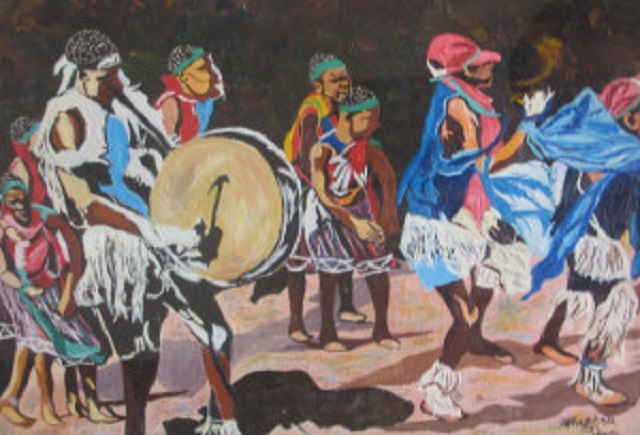
Mzala Tom
The Ndau people are one of the most unique ethnic groups in Zimbabwe with a complex history that is often misconstrued or subdued in other peoples’ history. The Ndau language is unique, rich and exotic.
Prominent politician, cleric and author of the first Ndebele novel Umvukela wamaNdebele (The Ndebele Uprising), Rev. Ndabaningi Sithole was of Ndau origin. The Ndau are an ethnic group which inhabits the areas in south-eastern Zimbabwe in the districts of Chipinge and Chimanimani in which they are natives. They are also found in parts of Bikita, in the Zambezi valley, in central Mozambique all the way to the coast and in central Malawi.
There are various propositions on the meaning of the word “Ndau”. Some say it’s a derivation from the people’s traditional salutation “Ndau wee!” in greetings and other social settings. Others say it means “land, the place or the country” in Ndau language. Some however, suggest that the name is derived from the Nguni words “Amading’indawo” which means “those looking for a place” which the Nguni used to refer to the Ndau. This is debatable as the Nguni found the Ndau in their permanent place of habitation.
Some historians have gone further to suggest that there is a possibility that the ancient Ndau are one of the first ancestral tribes of the Ngunis, similarly to the Mthethwas, Lala, and Debe who are descendants of the Thonga-Tekelas. The last proposition is that the Ndau people are descendants of ancient Mozambican warriors who intermarried with the local population. These warriors are said to have been involved in trade with the San and the Arab people.
The five largest Ndau groups are the Magova; the Mashanga; the Vatomboti, the Madanda and the Teve. Some people say the Ndau revere a lion as their totem hence Ndau is equivalent to Dawu/ Tau/Sibanda /Shumba. There is evidence that the ancient Ndau people met with the Khoi/San during the first trade with the Arabs at Mapungubwe. They traded with Arabs with “mpalu”, “njeti” and “vukotlo”: red,white and blue coloured cloths and golden beads, herbs, spiritual powers, animal skins and bones.
It is believed that the Ndau language and culture has been influenced by their living alongside the Shona people in particular the Manyika. .Furthermore, the Mfecane period also had a greater impact on Ndau language, customs and culture. Due to the conquests by the Ngunis in the 1820s a lot of the Ndau ancestry evolved to include the Nguni bloodline and ancestry. This is evident in the wealth of Nguni words in the Ndau language, Nguni names and surnames. The Ndau were subjugated by Nxaba and Soshangane.
During Mfecane, the Nguni armies particularly the (Zulu, Swazi, Ndwandwe, Khumalo and Ndebele) migrated to Mozambique. One Nguni chief, Nxaba, established a short-lived kingdom inland from Sofala, but in 1837 he was defeated by Soshangane, a powerful Nguni rival. Source: @RealMzalaTom)